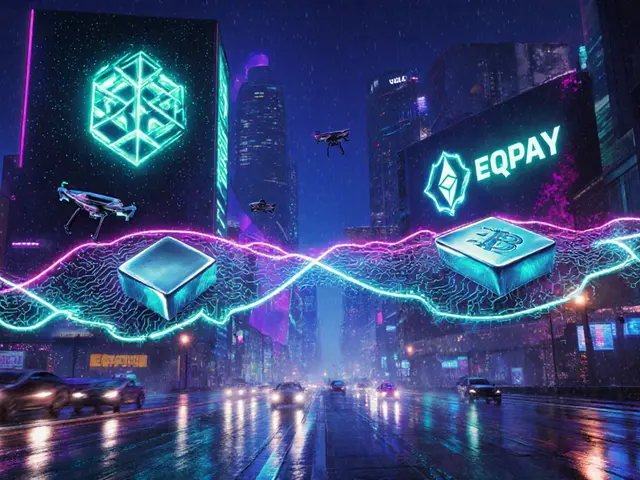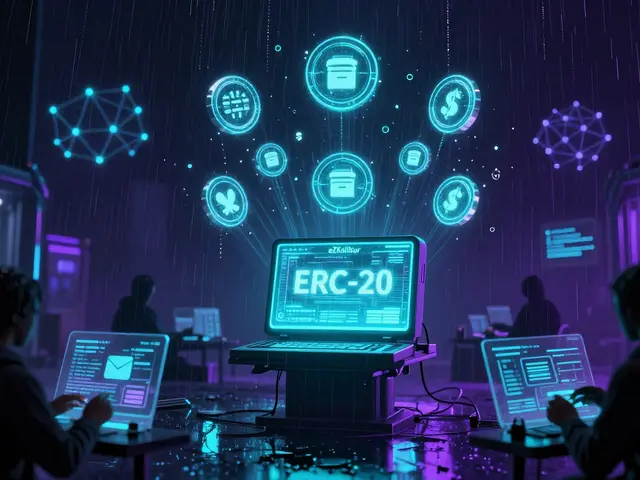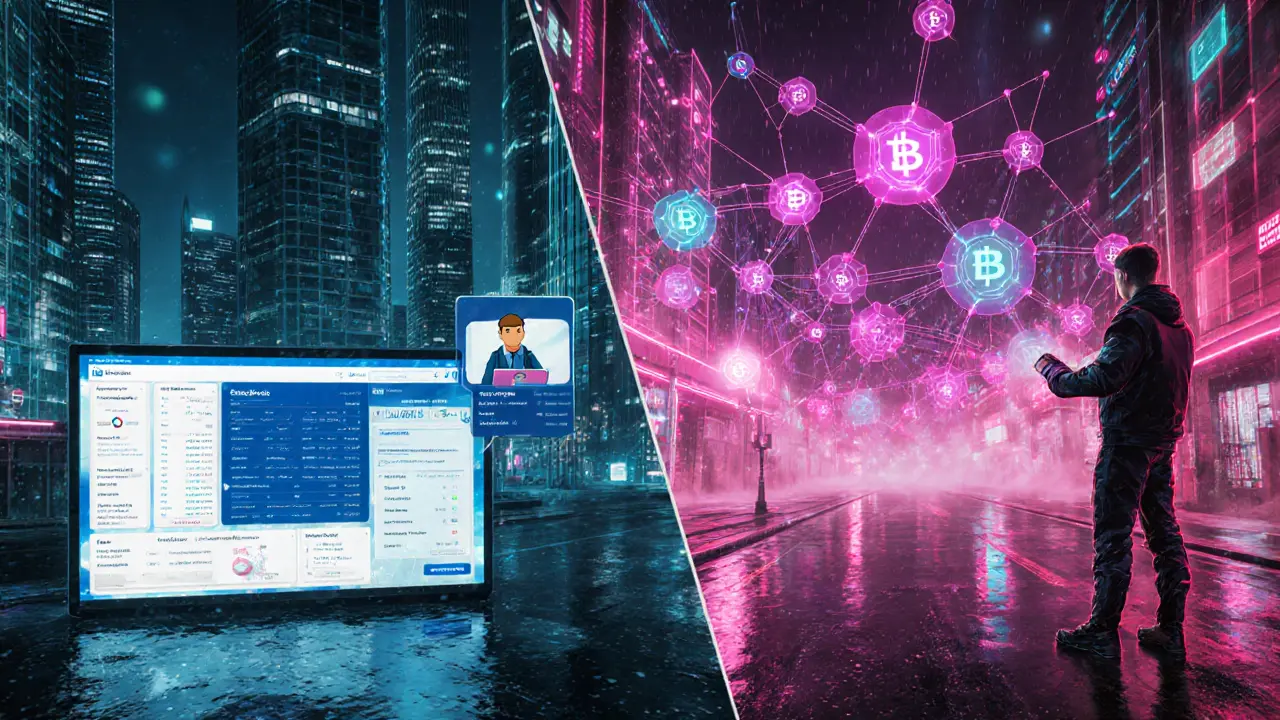OpenSea vs Decentralized Marketplaces
When working with OpenSea, the leading NFT marketplace that lets creators list and sell digital collectibles. Also known as OpenSea.io, it serves millions of users looking to buy, sell, or discover NFTs.
In contrast, a decentralized marketplace, a platform that runs on smart contracts without a central company controlling listings aims to give power back to the community. Both ecosystems rely on blockchain, a distributed ledger that records every transaction permanently, but the level of trust and control differs. OpenSea builds on a mix of off‑chain services and on‑chain data, while fully decentralized platforms push every action onto the chain, often using Ethereum, the most popular smart‑contract network for NFTs. This creates a semantic chain: OpenSea encompasses NFT trading, decentralized marketplaces require blockchain, and Ethereum powers many NFT platforms.
Why does the distinction matter for creators and buyers? On OpenSea, you get a polished UI, fast search, and customer‑support tools, but you also hand over some control to the company—fees can change, and a single point of failure exists. Decentralized alternatives let you keep full ownership of your smart‑contract code, avoid platform fees, and stay immune to bans, yet they often suffer from clunky interfaces, higher gas costs, and limited discovery features. The trade‑off is essentially between convenience and sovereignty. If you care about brand exposure and quick sales, OpenSea’s marketplace advantage may outweigh the loss of total control. If you value censorship resistance and want every transaction to be on‑chain, a decentralized route aligns better with that philosophy.
Looking ahead, the NFT space is evolving fast. Hybrid models are emerging that blend centralized UX with decentralized back‑ends, blurring the line between OpenSea and pure DEXs. Regulations are also tightening, especially around AML and KYC, which could affect how both types of platforms operate. Staying informed about the underlying tech—smart contracts, gas economics, token standards like ERC‑721 and ERC‑1155—helps you anticipate changes no matter which marketplace you pick. Below you’ll find a curated set of articles that dive deeper into identity on blockchain, tokenomics of emerging projects, compliance updates, and practical guides for navigating both centralized and decentralized NFT ecosystems.




